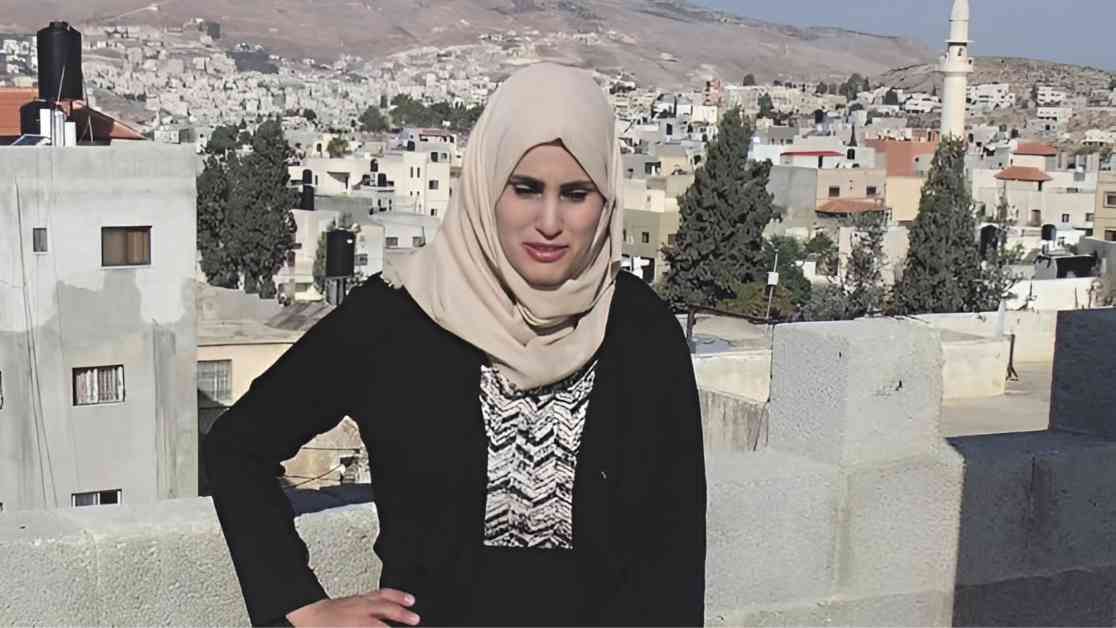Bridging Gaps Through Education: Bristol Activists and Palestinian Teachers Join Forces for Liberation
Education has long been hailed as the great liberator, breaking down barriers and fostering understanding even in the midst of conflict. This sentiment rings true for Yasmeen Eshtaya, a Palestinian teacher, writer, and poet living in Salem, in the West Bank. She emphasizes the importance of language in bridging cultural divides, suggesting that mutual language learning can lead to a reduction in animosity between Israelis and Palestinians.
Eshtaya’s hometown of Salem, located near Nablus and close to Israeli settlements, faces constant threats from the Israel Defence Forces (IDF). The daily struggles of living under military occupation have deeply impacted Eshtaya’s life, as her father was tragically killed two decades ago. Despite the hardships she has faced, Eshtaya remains committed to seeking dialogue and peace with Israelis, a stance influenced by her mother’s wisdom after becoming a widow.
Through her involvement with the Parents Circle Families Forum, a group dedicated to reconciliation between Palestinians and Israelis who have lost family members to violence, Eshtaya formed a meaningful connection with Israeli activist Miriam Ben Raphael. Their bond, rooted in shared experiences of loss and a desire for peace, exemplifies the power of dialogue and understanding in conflict resolution.
In a serendipitous turn of events, Eshtaya’s path crossed with Amber Williams, an education worker, trade unionist, and activist from Bristol. Williams, who has a personal connection to the Palestinian cause through her mother’s advocacy and involvement in the National Union of Teachers, began learning Arabic with Eshtaya in 2018. Their shared love of languages and mutual experiences of loss created a strong bond despite geographical distances.
Williams, as the Bristol District President of the National Education Union, also runs the Nina Franklin Fund in honor of her mother, raising funds to support educational initiatives in Palestine. A visit to the West Bank in 2023 exposed Williams to the challenges faced by Palestinian educators, including the frequent destruction of schools by the Israeli military. Witnessing Palestinian children taking exams in a tent after their school was demolished further fueled Williams’ commitment to supporting education as a form of resistance and empowerment.
The systematic demolition of Palestinian schools by the Israeli authorities, described by Williams as ‘scholasticide,’ represents a deliberate attack on the education system and a means of exerting control over the Palestinian population. Despite these challenges, both Williams and Eshtaya believe that education holds the key to genuine change and liberation in the region.
As the Nina Franklin Fund continues its efforts to provide educational resources and support schools in Palestine, the collaboration between Bristol activists and Palestinian teachers exemplifies the transformative power of education in fostering understanding, resilience, and hope in the face of adversity.
Join the Cable today to support independent, investigative journalism that sheds light on crucial issues and stories in Bristol and beyond.













